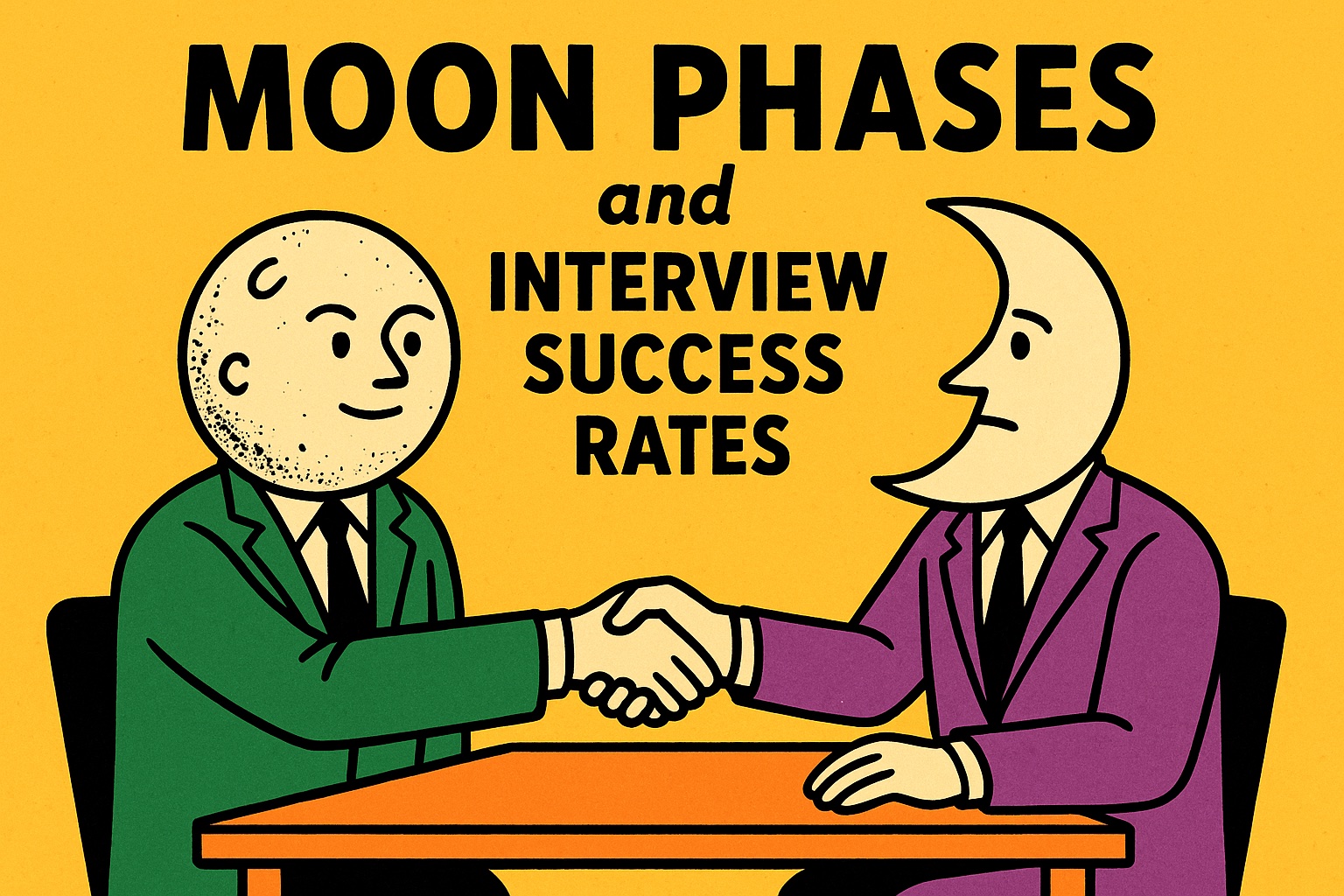Salary negotiation: is it worth it?

That’s an interesting question, so let’s address some tactics and suggestions to see if we can get you some more money, vacation or other perks.
Negotiating any type of condition of employment can be a tricky situation. Success depends on a few items, and we will discuss four in this article (there are more, but we can circle back and talk about some of the others) 1) is your position or are you in demand 2) the company’s compensation policy 3) the size of the company and 4) unionized vs. non-unionized.
Is your position or are you in demand
Some positions will warrant a greater degree of flexibility when it comes to negotiate money, and other benefits. If your position is readily fillable, meaning that if you do not get the job, then someone else will easily fill your spot, chances are that you will have limited negotiating power.
The company’s compensation policy
Most companies have a policy that dictates how much one can offer to a perspective employee in terms of money, vacation, health benefits and other items. Some companies like to lead the industry and offer above compensation and benefits, some offer the mid range and others offer less. When negotiating salary, it may be difficult to achieve a higher level then what is offered because the company does not want to create inconsistencies by paying one employee more than another.
The size of the company
Larger companies usually have more red-tape and levels of approval compared to smaller and leaner companies. Finding a start up company can increase your chances of more money, but the trade off is the company is not established and could be risky. In other words, you may have more money, but the company could dissovle in a short or unknown period of time.
Unionized vs. non-unionized companies
If you have ever worked for a unionized company, you would have noticed that you do not have much or any bargaining powers (respect to what you get when you start!). Union contracts are designed to keep things black and white and although they do a good job of creating a consistent atmosphere, they are not designed to attract talent who likes flexibility.
So now what? When do I ask for more?
My non-legal advice is to wait until you have almost secured the job, so in other words wait until the employer has contacted your references and offered you a position on paper. This is the best time to negotiate as the decision makers have already accepted you and things are in place to get you started. Depending on what you are asking for, make small concessions and think of back up plans in the case where you do not get what you want. So in other words, if you are asking for more money, and the employer declines, ask for more vacation instead. Some items are non negotiable, like pension enrolments or other items that require some time to wait before enrolment. In the case of vacation, if you have the equivalent years experience as an employee at the company, asking for their vacation amount would be reasonable. In other words, if you have four years industry experience, and the current policy at the company is that four years of internal years of service will get you four weeks vacation, you should be able to ask for four.
What has been your experience with negotiating? Any pitfalls or success stories? We would like to hear about them.






Great, I’ll try this out. I was going to talk about money closer to the front-end of the negotiations, but will wait.